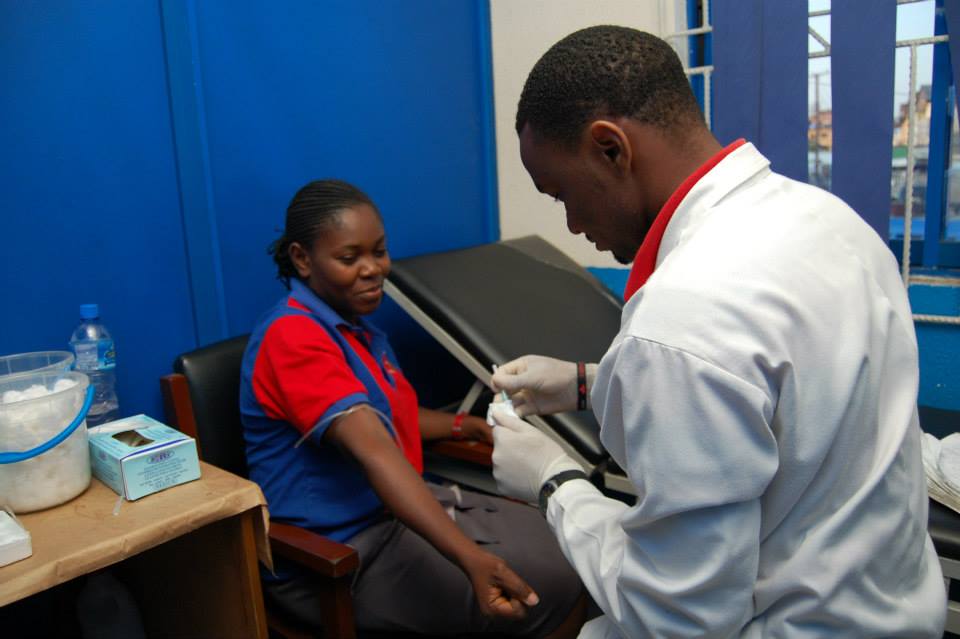You’ve probably been asked this question; “what’s your blood type?” at least once. And perhaps in response, you had no answer or tried to guess your way out.
Unfortunately, there are many people out there who are clueless about their blood type. But in this article, we’ll be going over some basic knowledge on blood type, and perhaps, we’ll be able to persuade you to undergo blood typing.
Before we do this, let’s find out the meaning of these two terms; blood type and blood typing.
What is blood type?
Blood types are usually classified as either; A, O, B or AB. Your blood type is determined by the type of antigens or protein makers your red blood cells have on the surface.
The difference in blood type is determined by antigens [protein makers] in a person’s blood and this antigen is usually hereditary [passed down from parents]. What are antigens you may ask? Antigens are the substances that help your blood differentiate between its own cells and foreign or potentially dangerous ones.
Blood Group A contains A antigen only on red cells and B antibody in the plasma while Blood Group B contains B antigen only on the red cells and A antibody in the plasma. Group O contains neither A nor B on the red cells but has both A and B in the antibody while Group AB contains both A and B on the red cells but neither A nor B in the antibody.
What is blood typing?
Blood typing is a test carried out to determine a person’s blood type. This is usually carried out before a blood transfusion or before a blood donation.
Blood typing is carried out to make sure that an individual is receiving the right kind of blood acceptable during surgery for other medical reasons like blood loss, pregnancy, etc.
Now that we’ve broken down the two terms, it’s time to go over the four reasons why you should know your blood type.
1. Getting The Right Blood Transfusion During A Medical Emergency
Medical emergencies are unexpected incidences requiring quick medical attention. One of the reasons why you should know your blood type is to help medical practitioners who may need to carry out blood transfusion on you in case of blood loss.
Although a blood test will be carried out to determine your blood type during these emergencies, it helps to be informed of your type regardless.
2. Planning A Safe Pregnancy
Knowing your blood type during pregnancy helps an expectant mother stay informed about medical conditions connected to pregnancy like; RH or Blood Type Incompatibility between mother and baby. An example of Blood Type Incompatibility is when an expectant mother has Rh-positive blood and her baby has Rh-negative blood.
3. Helping Others In Need Of Blood Transfusion
Another reason why you should know your blood type is to be able to help others. Medical centers and hospitals are constantly in need of blood donors and to be a donor, you should know the type of blood you have.
4. Lowering The Risks Of Personal Health Condition
When you know your blood type, you’ll be more aware of medical conditions or diet for your type.
For instance, certain medical studies claim that some blood types might be prone to gastric-related issues like ulcers. Other studies suggest diet options for the different blood types to improve their overall health.
In conclusion, some of the ways to know your blood type are to ask a doctor to take a test, donate blood [your blood type will be checked before the process], buy a do-it-yourself test from a pharmacy or drugstore, and check during your next clinical lab test when your blood is drawn.

























